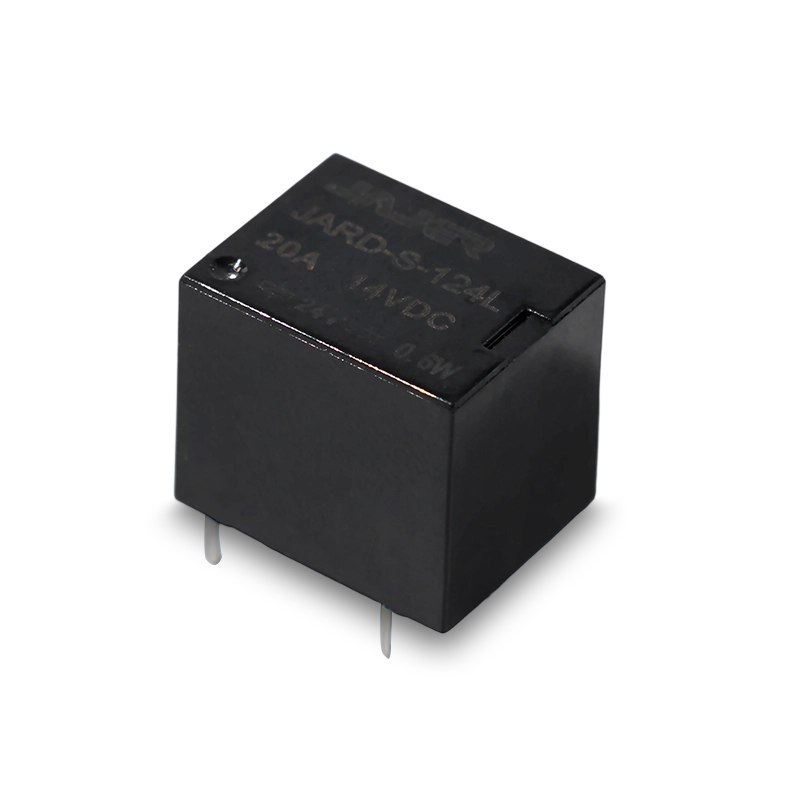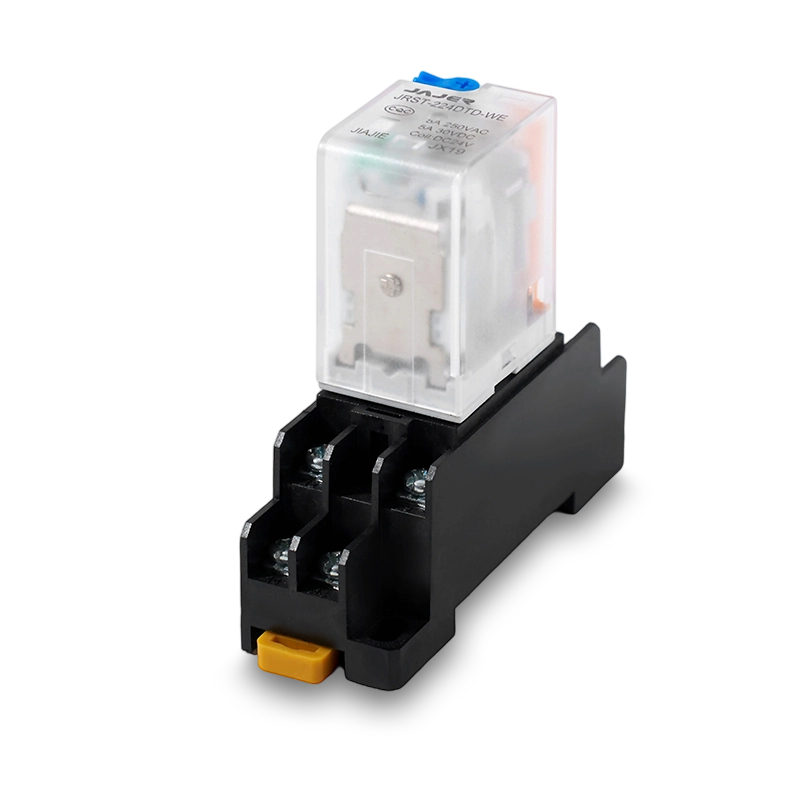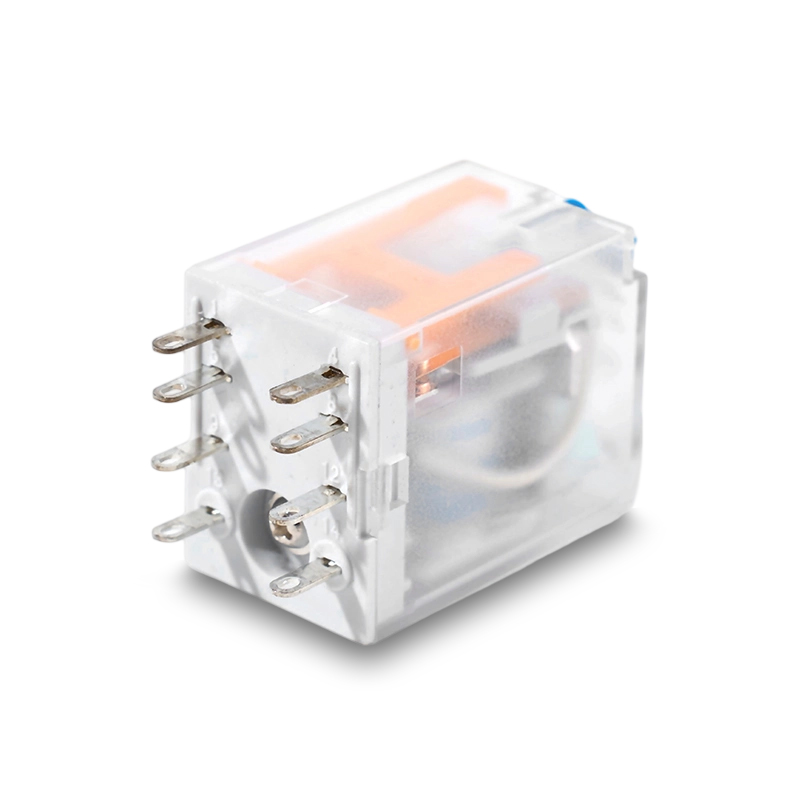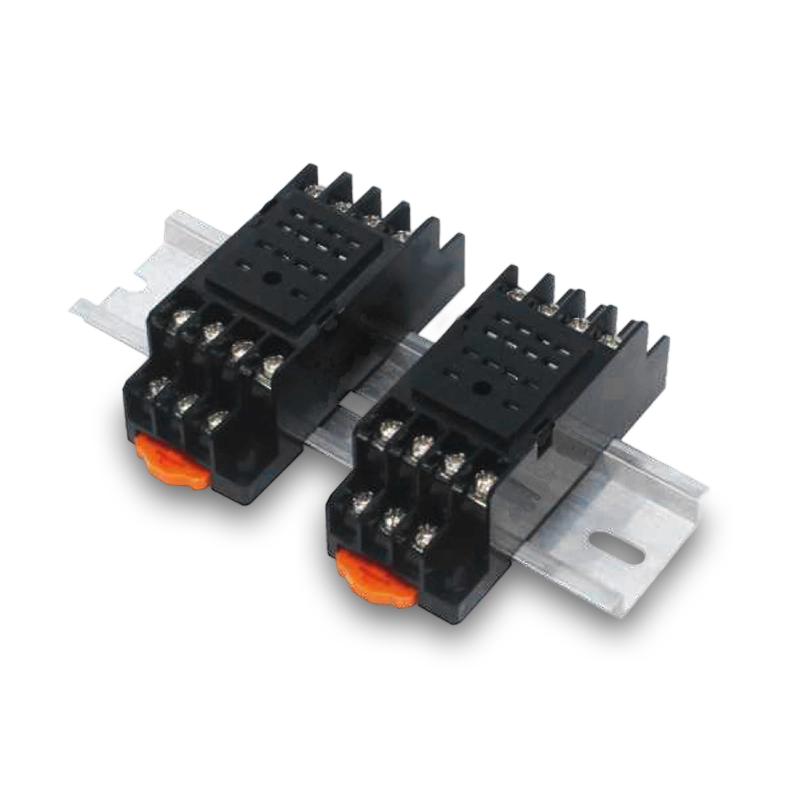

Many engineers and technicians encounter puzzling issues with Automotive PCB Rel...
Read More
Thermal stress is a frequent concern when designers and technicians discuss PCB ...
Read More
Automotive PCB Relay issues can lead to unexpected system resets, performance dr...
Read More
In many electrical and industrial applications, a DC overload relay or DC power ...
Read MorePCB relays are essential components in modern electronic systems, particularly where space is limited and reliable control is required. These relays are designed to be mounted directly onto printed circuit boards, providing a stable and convenient solution for switching circuits without occupying excessive space. Their compact form factor makes them suitable for a wide range of applications, including automation systems, consumer electronics, and small industrial equipment. PCB relays are capable of handling moderate current loads and maintain a consistent electrical response even after repeated cycles, which is critical for circuits requiring precise operation. In addition to reliability, PCB relays offer easy installation, which simplifies manufacturing processes and reduces assembly time. They are often used in temperature control units, lighting systems, communication devices, and microcontroller-based applications. Engineers value PCB relays for their mechanical durability and the ability to integrate multiple units into a compact board layout, enabling efficient control of complex circuits. With careful selection of materials and attention to contact design, PCB relays continue to provide dependable performance, helping ensure the safe and stable operation of various electronic products. Their combination of small size, reliability, and flexibility makes them a practical choice in electronics design, particularly for devices that require both consistent switching and small board space usage.
General purpose relays are widely recognized for their flexibility and adaptability in a variety of electrical systems. Designed to operate with both AC and DC currents, these relays are capable of controlling a broad range of electrical loads, making them suitable for industrial machinery, commercial appliances, lighting circuits, and automation equipment. Functioning as electrically controlled switches, general purpose relays provide isolation between the control circuit and the load, improving safety and reducing the risk of damage to sensitive components. Their design allows for continuous operation even under challenging environmental conditions such as fluctuating temperatures, humidity, or mechanical vibration. General purpose relays are relatively simple to install and maintain, which is particularly advantageous in complex electrical systems where multiple relays are employed. They are often used in motor starters, heating and cooling systems, alarm systems, and energy management devices. By delivering consistent switching performance, these relays support the smooth operation of equipment while less downtime and maintenance costs. Their reliability, combined with the ability to handle diverse electrical loads, makes general purpose relays an essential component in both commercial and industrial control applications. Engineers frequently rely on them to provide safe, repeatable, and predictable circuit switching across a wide spectrum of electrical systems.
PCB electromagnetic relays offer a unique combination of compact PCB installation and mechanical electromagnetic switching, making them suitable for applications requiring both precise operation and efficient space utilization. These relays operate using an electromagnetic coil to actuate the contacts, enabling reliable switching of circuits while maintaining predictable timing and consistent electrical performance. They are commonly found in signal routing systems, motor control circuits, protection circuits, and communication devices. The electromagnetic mechanism ensures that the relay performs consistently even under fluctuating voltage or current conditions. PCB electromagnetic relays are also known for their durability and long operational life, capable of performing thousands of switching cycles with small wear on the contacts. Designers often choose these relays for applications requiring high repeatability, such as industrial automation lines, programmable logic controllers, and intelligent building management systems. The combination of mechanical precision and compact design allows engineers to deploy multiple relays on a single PCB, supporting complex circuit control without compromising reliability. In addition, these relays contribute to safer and more efficient circuit operation by preventing overloads and enabling controlled switching. Their versatility, mechanical accuracy, and dependable performance make PCB electromagnetic relays a practical solution for a variety of electronic and industrial applications, offering both flexibility and stability in modern circuit design.